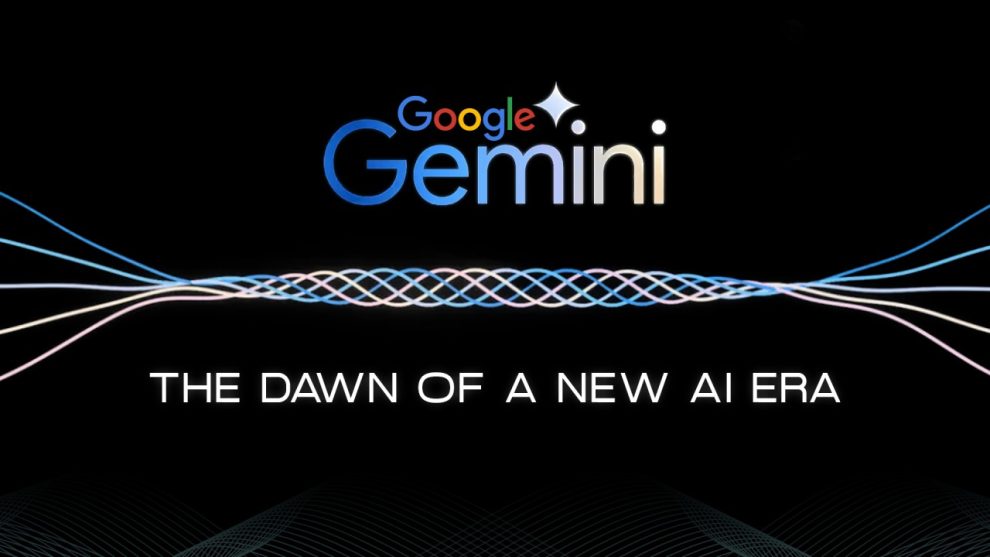The world of artificial intelligence is advancing rapidly, with new developments emerging frequently. One of the most exciting areas lies in large language models (LLMs) – AI systems capable of generating human-quality text, translating languages, and even creating different types of creative content.
Recently, Google unveiled its transition from the Bard LLM to a more advanced model named Gemini. This evolution begs an important question: What changed to drive this progress, and what does it mean for the future capabilities of AI language technology?
Understanding Google’s Bard: Laying the Foundation
Unveiled in 2022, Bard marked a major milestone in Google’s AI language processing. Trained on massive datasets of text and computer code, Bard could generate written content, translate between languages, write creatively, and answer questions in an informative manner.
Bard earned praise for its ability to grasp complex ideas and respond coherently. However, it also faced criticism regarding occasional factual inaccuracies and struggles with highly nuanced or specialized topics.
Introducing Gemini: Pushing AI Language Abilities Forward

In late 2023, Google announced Gemini – the next iteration of its LLM technology. Building upon Bard’s foundations, Gemini delivers key improvements:
1. Enhanced Factual Accuracy
Google states Gemini has significantly improved factual reliability, reducing instances of incorrect or misleading information. Advanced fact-checking algorithms and more robust training likely enabled these gains.
2. Greater Understanding of Complex Topics
Gemini shows deeper comprehension of multifaceted subject matter. Upgrades in language processing and interpreting ideas from different perspectives facilitated this progress.
3. Increased Creative Writing and Fluency
Gemini produces more engaging and enjoyable written content thanks to enhanced creative abilities and smooth, natural language flow.
4. Improved Efficiency
Gemini operates more efficiently, requiring less computing power than Bard while achieving equal or better outcomes. This enables wider deployment and access.
Impacts Beyond Technical Improvements

The shift from Bard to Gemini involves more than just technical refinements. It signals Google’s commitment to developing responsible and ethical AI systems. By addressing issues like factual accuracy and bias, Gemini helps build public trust and transparency regarding AI language models.
Additionally, Gemini’s expanded capabilities could revolutionize fields like:
Education
Personalized learning, interactive materials, comprehending student questions.
Customer Service
Understanding customer needs, efficient and tailored service interactions.
Content Creation
Assisting writers, journalists, marketers – generating text, translating, recommending relevant information.
Scientific Research
Analyzing huge datasets, identifying patterns, suggesting hypotheses to accelerate discoveries.
The Future of AI Language Models
The evolution from Bard to Gemini represents remarkable progress in AI language system development. While Gemini’s specifics remain unpublished, its expanded capabilities and potential impact across industries are clear.
As research continues, we can expect even more impressive AI language model advancements enabling new possibilities for society. However, responsible development and deployment will be crucial for managing risks and maximizing benefits going forward.
















Add Comment